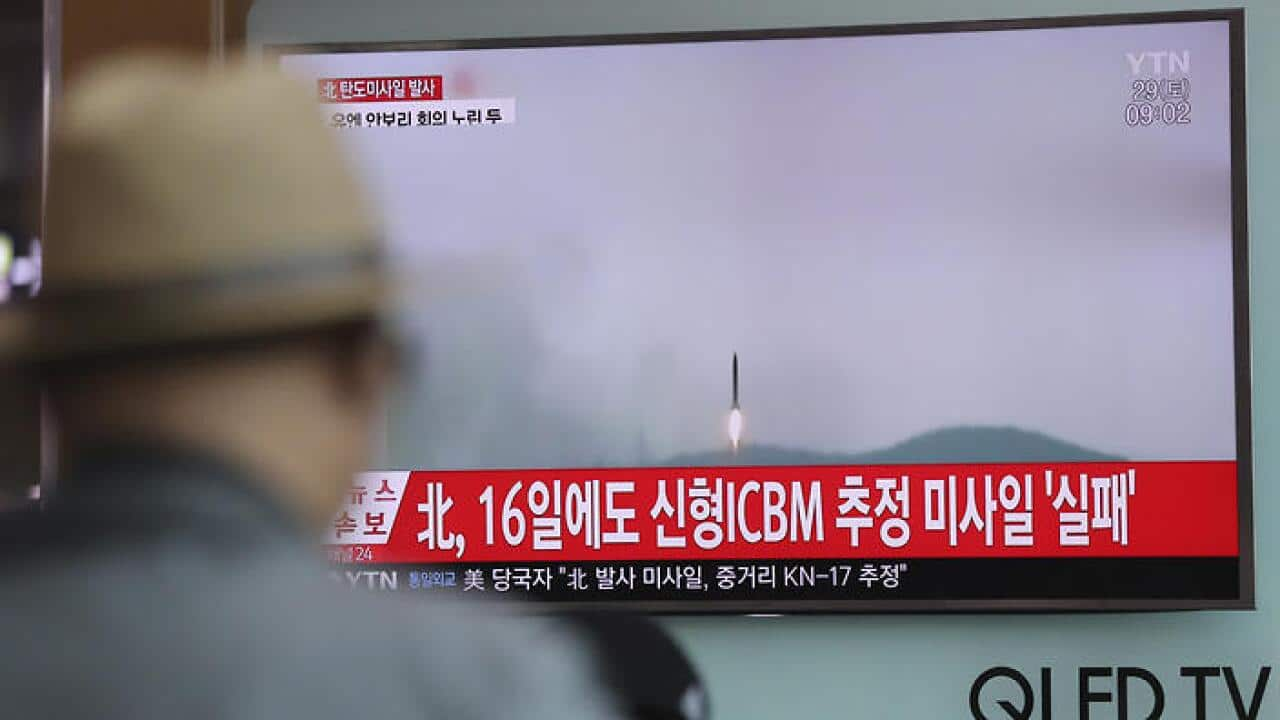G7 leaders on Friday found common cause on combatting terrorism after the bloodshed in Manchester but failed to bridge a gulf between Donald Trump and US partners on trade and climate change.
On the opening day of a two-day summit, the leaders endorsed a British call urging internet service providers and social media companies to crack down on the dissemination of jihadist content online, after 22 people were killed in the concert bombing in northwest England this week.
But US partners hit deadlock in their attempt to persuade Trump to keep the world's biggest economy inside the framework of the 2015 Paris Agreement on curbing carbon emissions to reduce global warming.
Tensions over trade also flared. Unusually for such a set-piece event, leaders made no effort to hide their divisions in Sicily's ancient hilltop resort of Taormina.
The choice of venue overlooking the Mediterranean reflected the Italian hosts' desire for the summit to showcase cooperation against deadly flows of illegal migration from nearby Africa.
But discussions on that subject also hit stalemate because of differences with the US at what EU president Donald Tusk called "the most challenging G7 summit in years".
Trump berates NATO for dodging defence dues
Italian Prime Minister Paolo Gentiloni acknowledged there had been no breakthrough on climate change, describing the future of the Paris pact as "still hanging", as Trump reviews the arguments for and against ditching the global deal.
Gary Cohn, Trump's economic advisor, said the president's views were "evolving".
"He came here to learn," Cohn said. "His basis for decision ultimately will be what's best for the United States."
'Bad, very bad'
British Prime Minister Theresa May led the discussion on terrorism, and won backing for her demand that extremist content should be quickly taken offline by platforms like Facebook and YouTube - although details of what this will mean in practice were left vague.
"Make no mistake: the fight is moving from the battlefield to the internet," May told her colleagues.
In a joint statement on terrorism, the G7 powers also vowed a collective effort to track down and prosecute foreign fighters dispersing from theatres of conflict such as Syria.
Transatlantic tensions on trade resurfaced after reports that Trump had described the Germans as "bad, very bad" and vowed to stop them selling millions of cars in the United States, during a meeting with senior EU officials in Brussels on Thursday.
Also in Brussels, Trump had fired an extraordinary broadside at NATO allies for failing to pay their fair share of the transatlantic defence bill, and notably did not endorse the group's commitment to collective defence, as his predecessors have done.
Both US and EU officials confirmed the outspoken president had raised the auto trade issue but sought to play down the language used, as Trump shared friendly words with German Chancellor Angela Merkel and other leaders at the G7.
Trump talks ahead of the G7 Summit
Merkel said that Trump's criticism was "not really something new".
"The surplus is also a sign of the good quality of German goods," she said.
Trump rode to power on an "America First" platform but has yet to implement any significant protectionist measures, as the EU had feared he would.
"We are going to continue to fight for what we believe is right, which is free, open and fair trade, which the president has been very clear on what that means," Cohn said.
Russia row
For Trump, the talks were the final leg of his first presidential foray overseas.
The gruelling week-long trip briefly diverted attention from domestic concerns focused on alleged campaign collusion with Russia.
But that issue reared up again overnight as it emerged the FBI is examining his son-in-law Jared Kushner's contacts with the Russian ambassador in connection with the probe of alleged interference in the election campaign by Moscow.
Trump has refused to commit the United States to extending sanctions imposed on Russia over its 2014 annexation of Crimea. But Cohn said neither would the sanctions be curtailed, as Moscow hopes.
"If anything we would probably look to get tougher on Russia," the economic aide said.
In other talks, France's new president, Emmanuel Macron, gave short shrift to May's request for Brexit-bound Britain and the EU to negotiate their future trading relationship at the same time as they thrash out the terms of their divorce.
Japan meanwhile was using the summit to air its concerns about North Korea. Meeting Prime Minister Shinzo Abe in Sicily, Trump bullishly promised the problem posed by North Korea's missile and nuclear programmes "will be solved".












